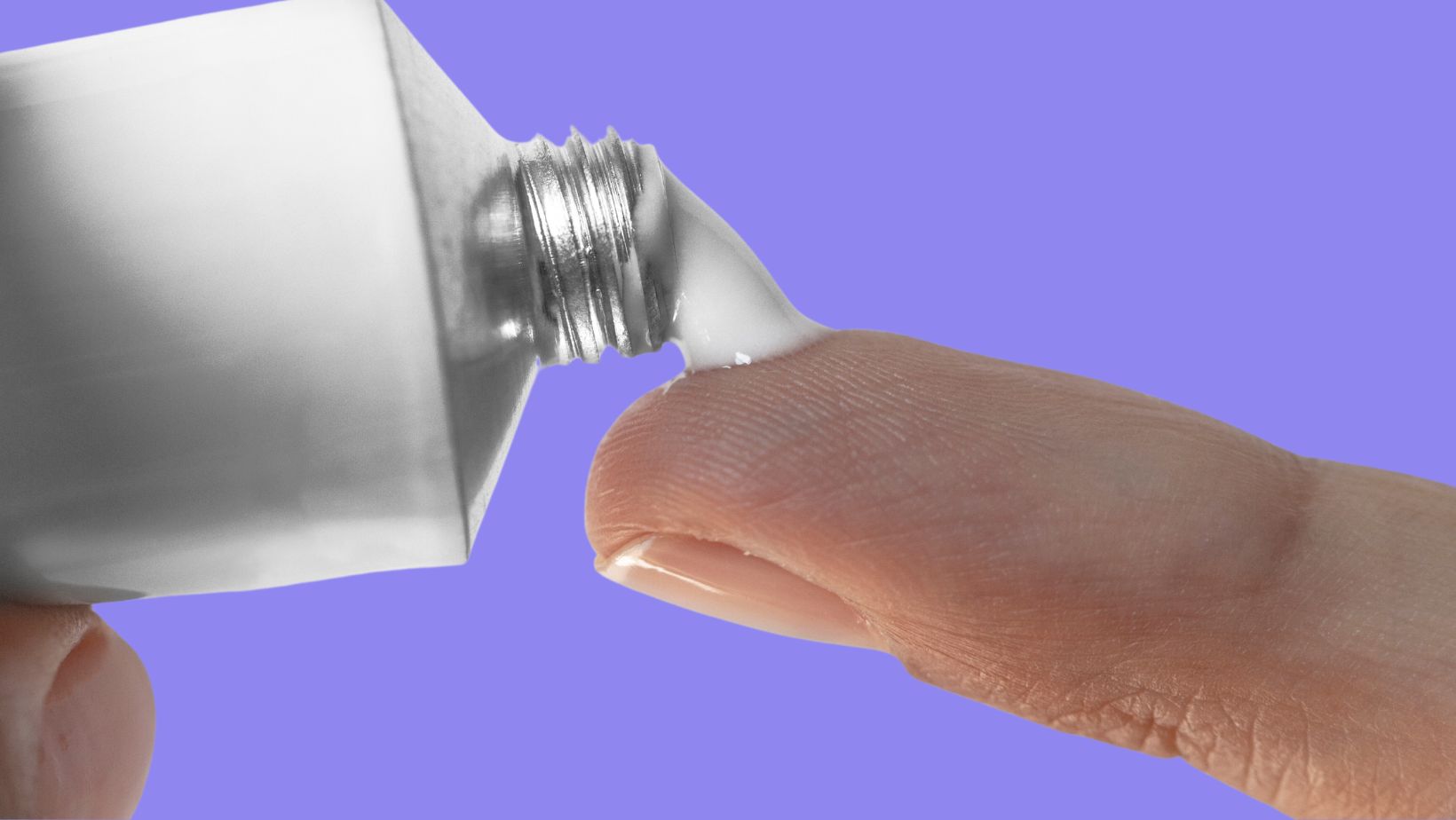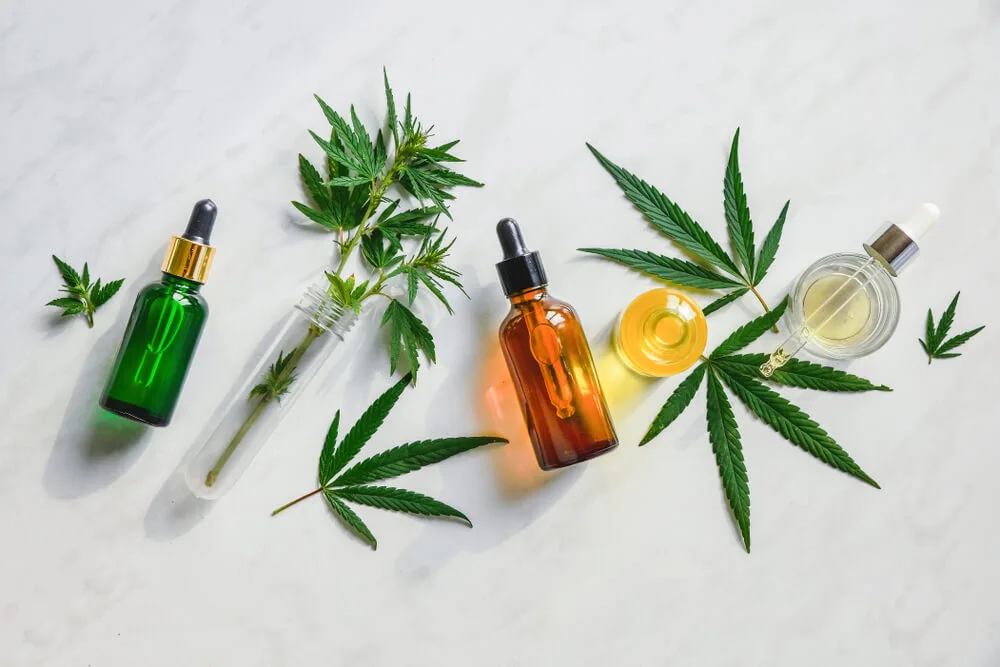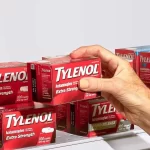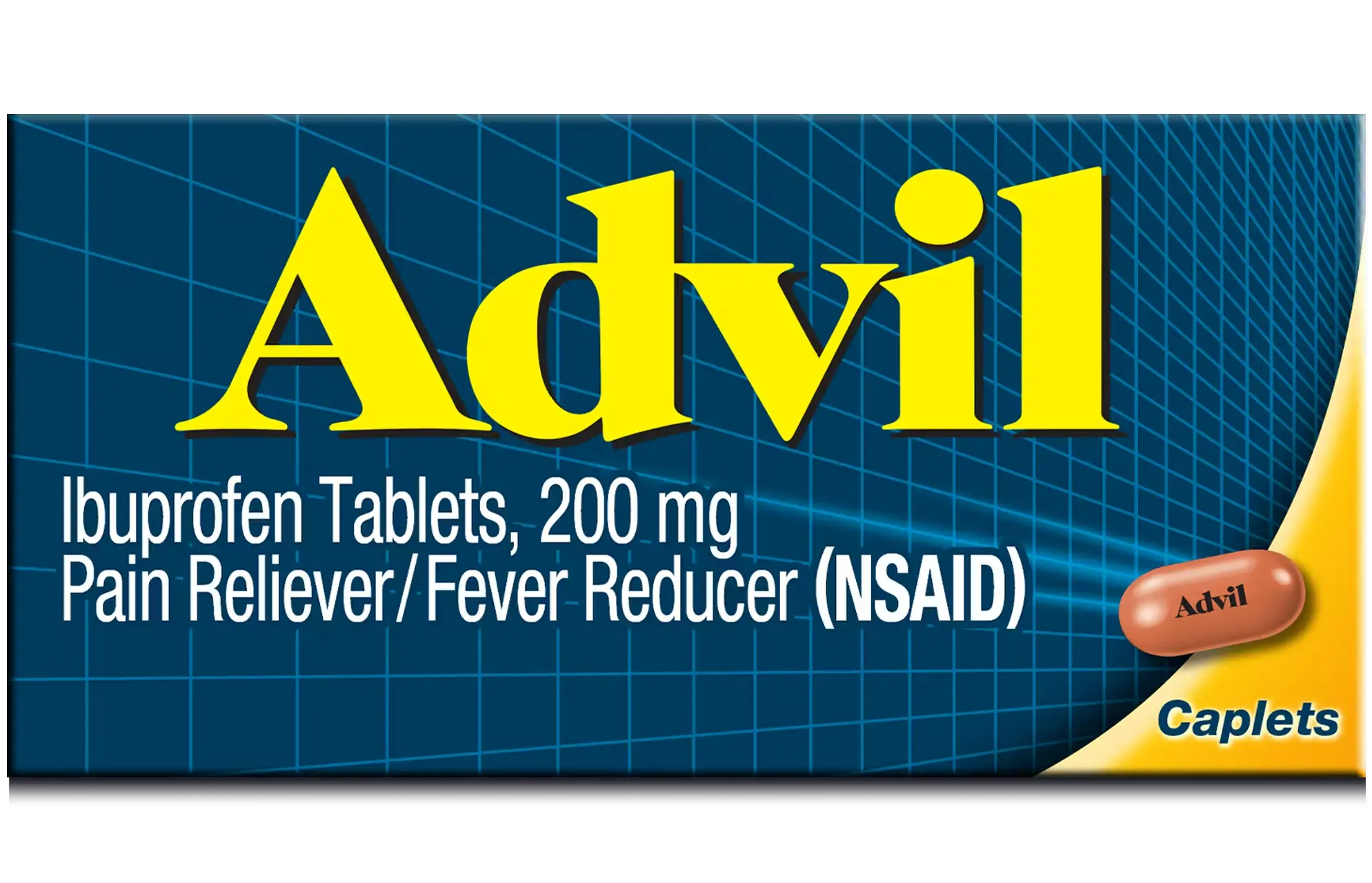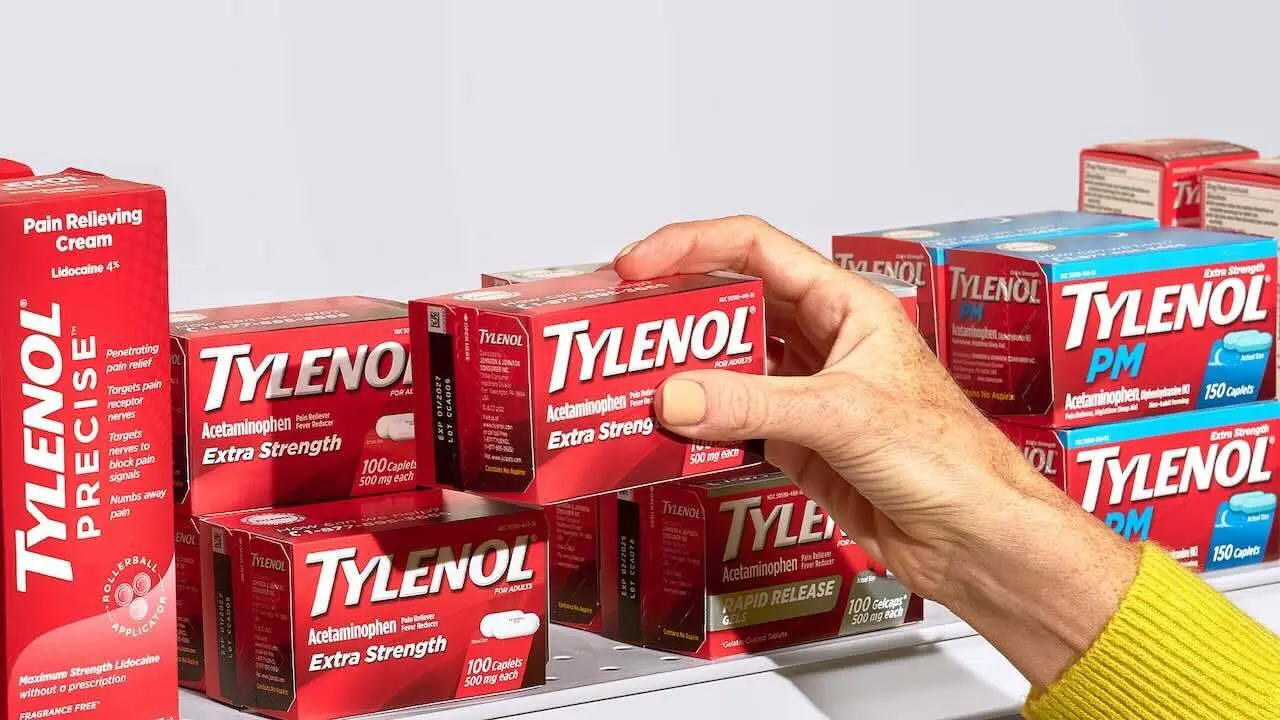Dealing with both acne and the signs of aging can be quite frustrating. Fortunately, topical retinoids offer a glimmer of hope. These compounds, which are derived from vitamin A, are key figures in skincare for their ability to fight blemishes and the effects of aging. Two prominent types of retinoids are tretinoin and retinol. Each has distinct capabilities to rejuvenate the skin, making it look younger and clearer. This article delves into the specifics of these ingredients and their role in transforming skin health.
What is Tretinoin?
Tretinoin is a prescription retinoid known for its effectiveness in treating acne and signs of aging. Unlike other skincare ingredients, tretinoin works directly upon application, without needing to be converted by the skin into an active form. This direct action makes tretinoin a potent option for those seeking swift and noticeable improvements in their skin’s texture and appearance. It’s often the treatment of choice for dermatologists when patients require an assertive approach to tackle severe acne or to make more significant strides against wrinkles and sun damage.
In the world of skincare, tretinoin can be compared to an intensive training regime for the skin cells. It encourages rapid cell renewal and promotes the production of collagen, ensuring that the skin remains firm and smooth. With its ability to cleanse pores thoroughly and prevent further acne breakouts, tretinoin stands out as a robust treatment. It’s also recognized for its capacity to not just delay but potentially reverse aging effects, like fine lines and sunspots, making it a powerful tool in a dermatologist’s arsenal.
What is Retinol?
Retinol is the more widely available variant of retinoids, found in numerous over-the-counter skincare products. It’s a subtler option that progressively works to improve the skin by converting into retinoic acid once it is applied. This gradual process makes retinol a suitable choice for those with sensitive skin or individuals who are new to retinoids and prefer a steady approach to skin improvement.
While retinol is less aggressive than tretinoin, it is still highly effective over time. It gently accelerates the skin’s natural renewal process, leading to a reduction in fine lines and creating a more even skin tone. Retinol acts like a nurturing guide for the skin, promoting its health incrementally with each use. Although the results may not be as immediate as those seen with tretinoin, retinol remains a valuable method for sustaining youthful skin and preventing premature aging without the need for a doctor’s prescription.
Comparative Analysis
Choosing between tretinoin and retinol isn’t a matter of determining which is superior, but rather which is more suitable for an individual’s skin type and concerns. Tretinoin’s higher potency means it can provide quick, significant results, particularly for those with acne-prone or more resilient skin. Retinol, by contrast, is preferable for individuals with sensitive skin or those who opt for a less intensive skincare routine. Each has the potential to produce excellent outcomes; the decision depends on personal skin requirements and preferences.
Both tretinoin and retinol can cause side effects such as dryness, irritation, and heightened sensitivity to sunlight. These side effects are normal and often temporary as the skin adjusts to the treatment. To reduce these effects, it’s recommended to gradually incorporate retinoids into the skincare routine, always use moisturizers to help soothe the skin, and apply sunscreen to protect against UV radiation. With thoughtful care and a moderated approach, the skin can become accustomed to and flourish with either tretinoin or retinol.
Whether you opt for tretinoin or retinol, you are choosing a powerful tool in the quest for clear and youthful skin. Each offers unique advantages and requires consideration and patience. A tailored approach is crucial, and a dermatologist’s input is invaluable in crafting the ideal skincare routine that caters to your individual needs. With the right strategy, both tretinoin and retinol can be formidable allies in maintaining skin health and vitality.


